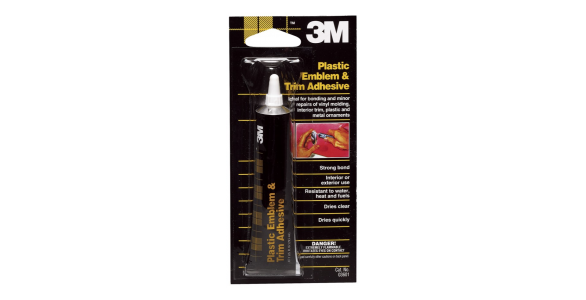- Joined
- Jul 28, 2017
- Messages
- 2,390
I have some parts I machined from black Delrin that need to be glued to something else. In this case, to aluminum. The only other way would be to use grub screws but I'm concerned that the threads in Derlin would strip out -- at most, I can accommodate a 6-32-ish size set screw, and the Derlin isn't all that thick.
In the past I tried to glue Delrin using silicone glue/caulk and that didn't last very long (although that was in a very difficult environment, inside the gas flap of our old VW Jetta).
What have folks here used with good results? My current application is in a more benign environment, as part of an attachment for my mini lathe; but there is the possibility that it could be splashed with cutting oil on occasion. I don't do flood coolant. A Loctite product? Cyanoacrylate? Epoxy? Urethane?
In the past I tried to glue Delrin using silicone glue/caulk and that didn't last very long (although that was in a very difficult environment, inside the gas flap of our old VW Jetta).
What have folks here used with good results? My current application is in a more benign environment, as part of an attachment for my mini lathe; but there is the possibility that it could be splashed with cutting oil on occasion. I don't do flood coolant. A Loctite product? Cyanoacrylate? Epoxy? Urethane?



